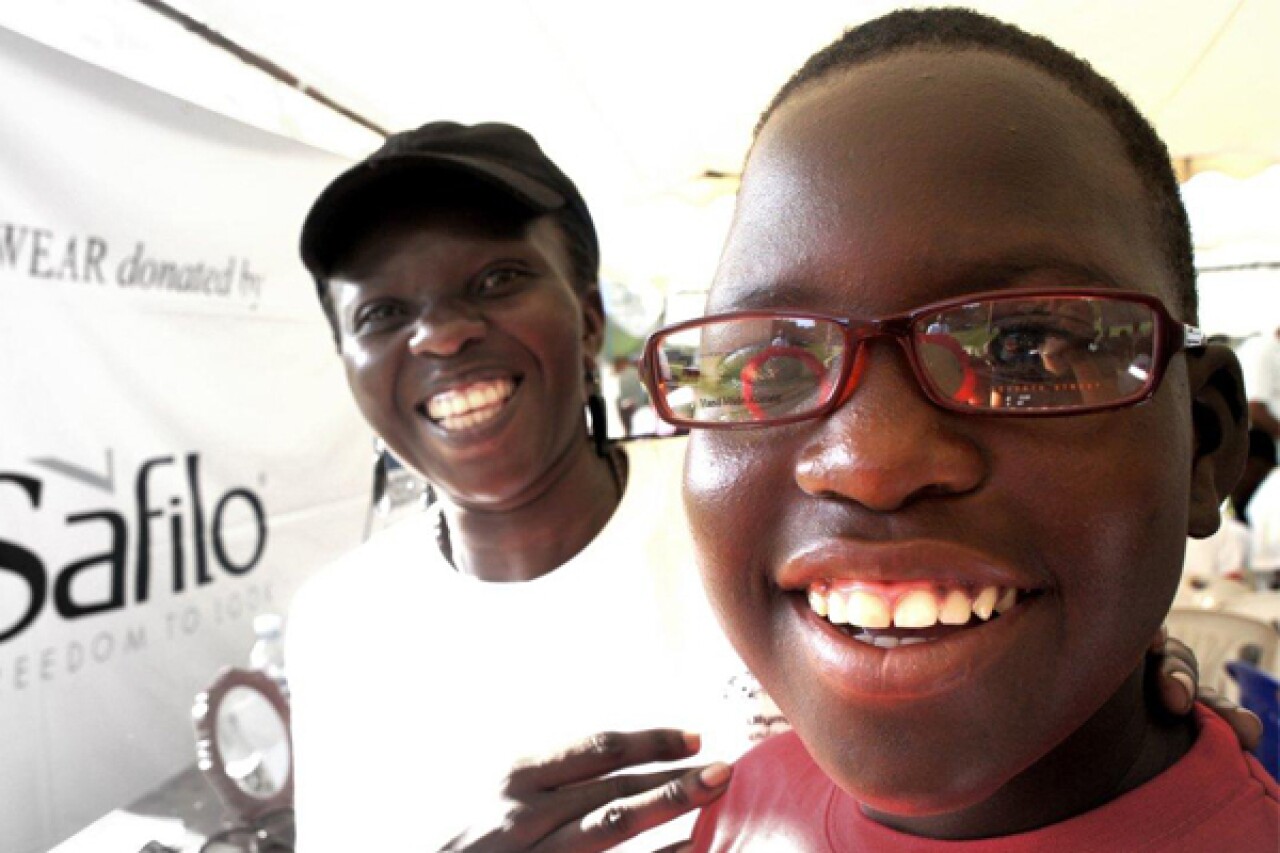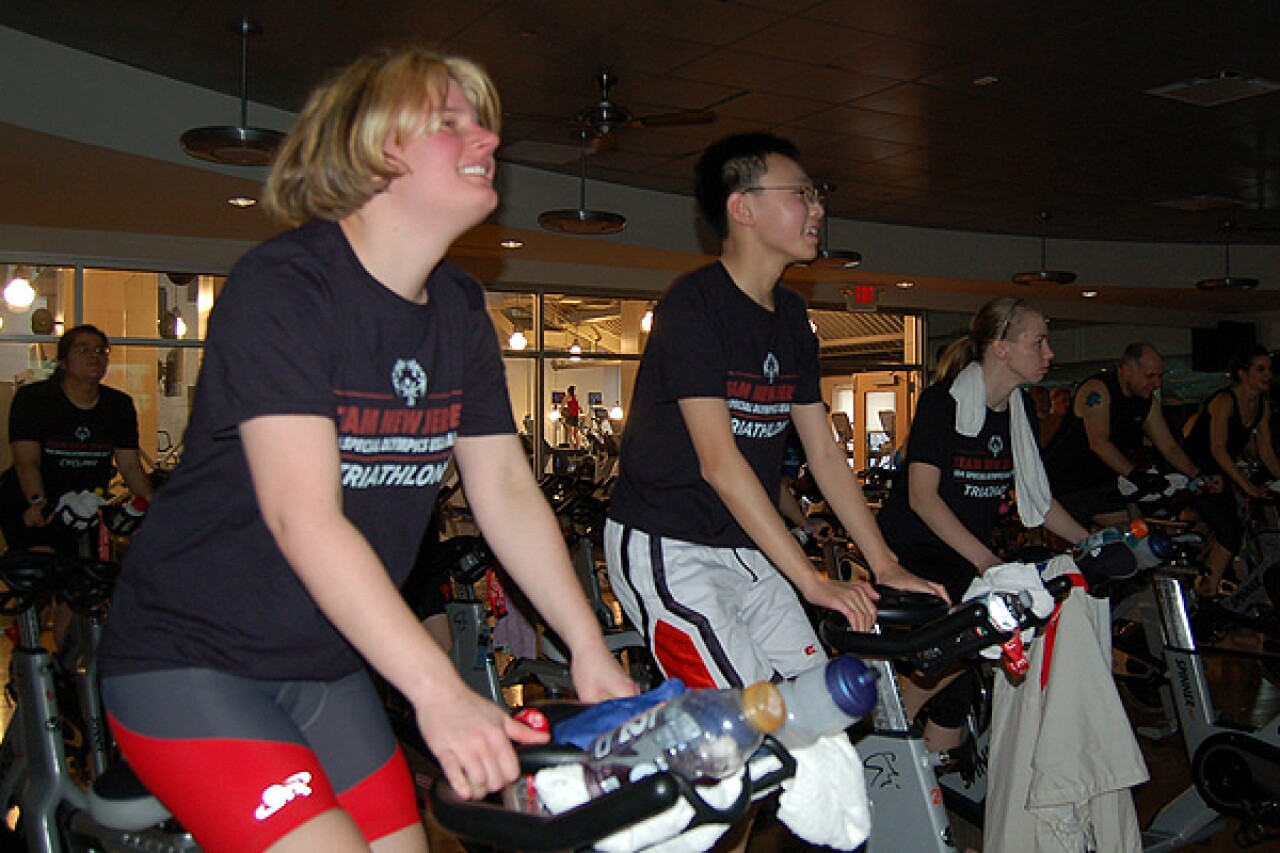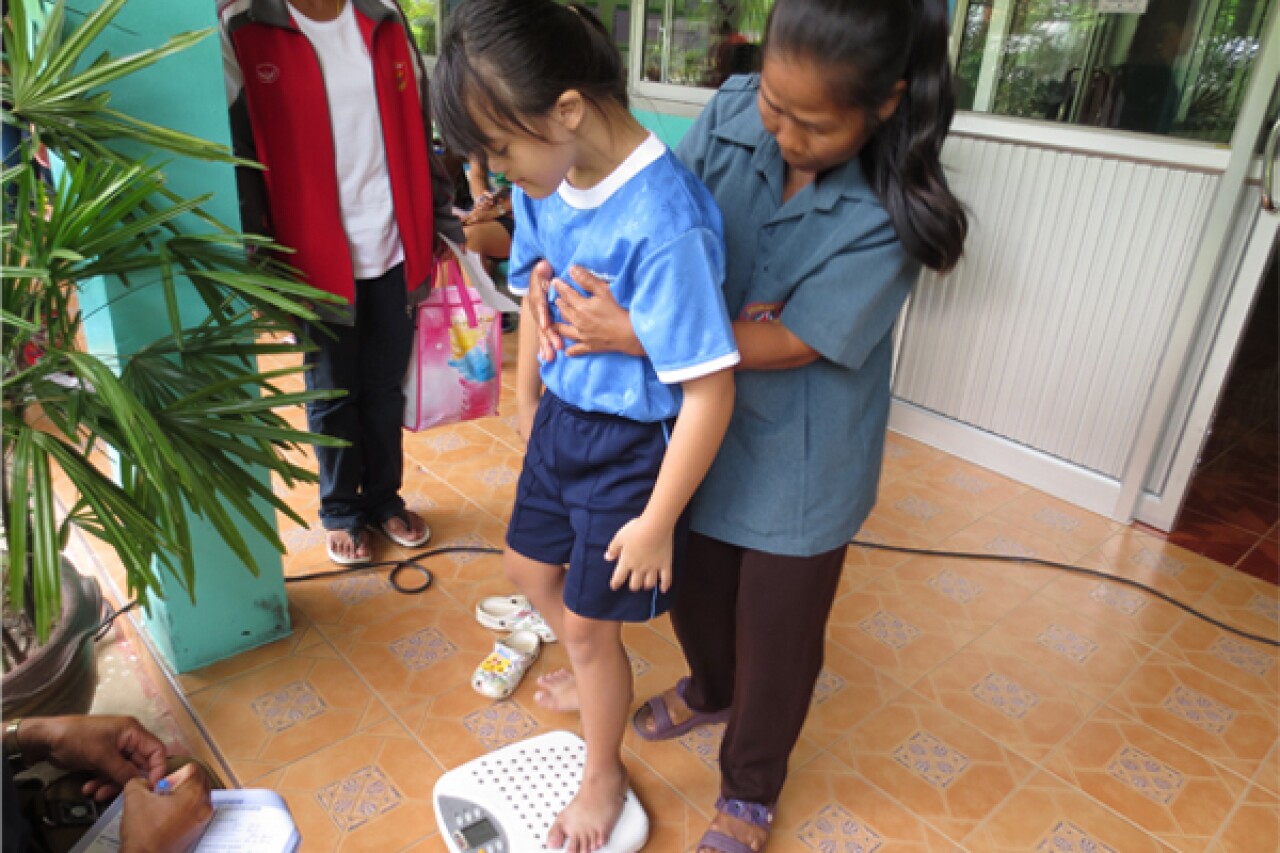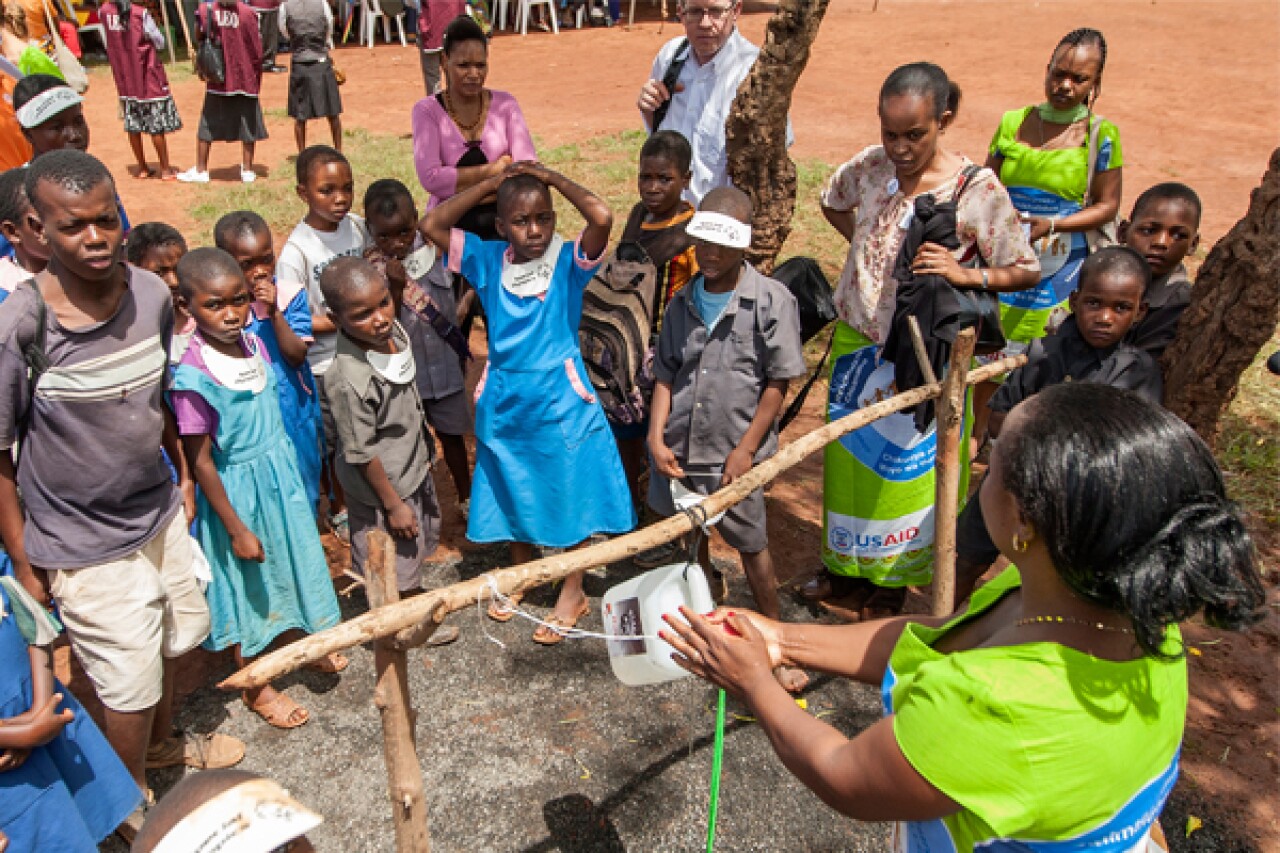Healthy Communities

Most people with intellectual disabilities receive inadequate or no healthcare. Special Olympics has been working on this health disparity through Healthy Athletes since 1997. And, in 2012, Special Olympics launched the Healthy Communities initiative.

The Healthy Communities initiative takes the principles of the Healthy Athletes program and expands them from a series of single events to a steady presence of health and wellness in the lives of our athletes and their families. Already, Healthy Communities is making a profound difference in the 14 participating pilot Programs: Arizona, Florida, Kansas, Kazakhstan, Malawi, Malaysia, Mexico, New Jersey, New York, Peru, Romania, South Africa, Thailand and Wisconsin.
Photo by Special Olympics Thailand

Special Olympics Programs that are Healthy Communities embrace an on-going, community-integrated approach that facilitates athletes having access to health and well-being services, education, and support every day.

The Healthy Communities initiative has attracted strong support, with a $12 million gift from U.S. businessman and philanthropist Tom Golisano (far right) and funding from the U.S. Centers for Disease Control and Prevention.

The Healthy Communities initiative expands health services into Special Olympics programming. For example, a coach may introduce a health-related segment to weekly practices like Helen Golliher did in Arizona or a Program may host health education stations at competitions like Romania (pictured).

In Wisconsin, Special Olympics hosts "Healthy Habits" stations at competition venues. Here, a member of the University of Wisconsin-Milwaukee's women's basketball team hands out a bracelet that detects UV rays.

Through Healthy Communities, Programs are creating local networks of health providers to treat people with intellectual disabilities. Ladda Sribarom, pictured right, is a Village Health Volunteer in Thailand. A health worker for 12 years, Ladda first was trained on how to meet the health needs of people with intellectual disabilities through Healthy Communities in 2013.

Programs use digital health to enhance impact as part of Healthy Communities. For example, Programs are piloting the use of text message reminders to encourage athletes to attend follow-up care appointments.

Healthy Communities builds sustainability through partnerships, awareness and shared practices. One example of a partnership includes this hand-washing station and education taught by Catholic Relief Services representatives in Malawi.

Today, Special Olympics is the largest global public health organization specifically for people with intellectual disabilities, and with that comes a tremendous amount of responsibility. The up to 200 million people with intellectual disabilities must not remain on the sidelines of health care.

The work has only just begun. Our goal is to have 100 Programs achieve Healthy Community status in the next 10 years.






